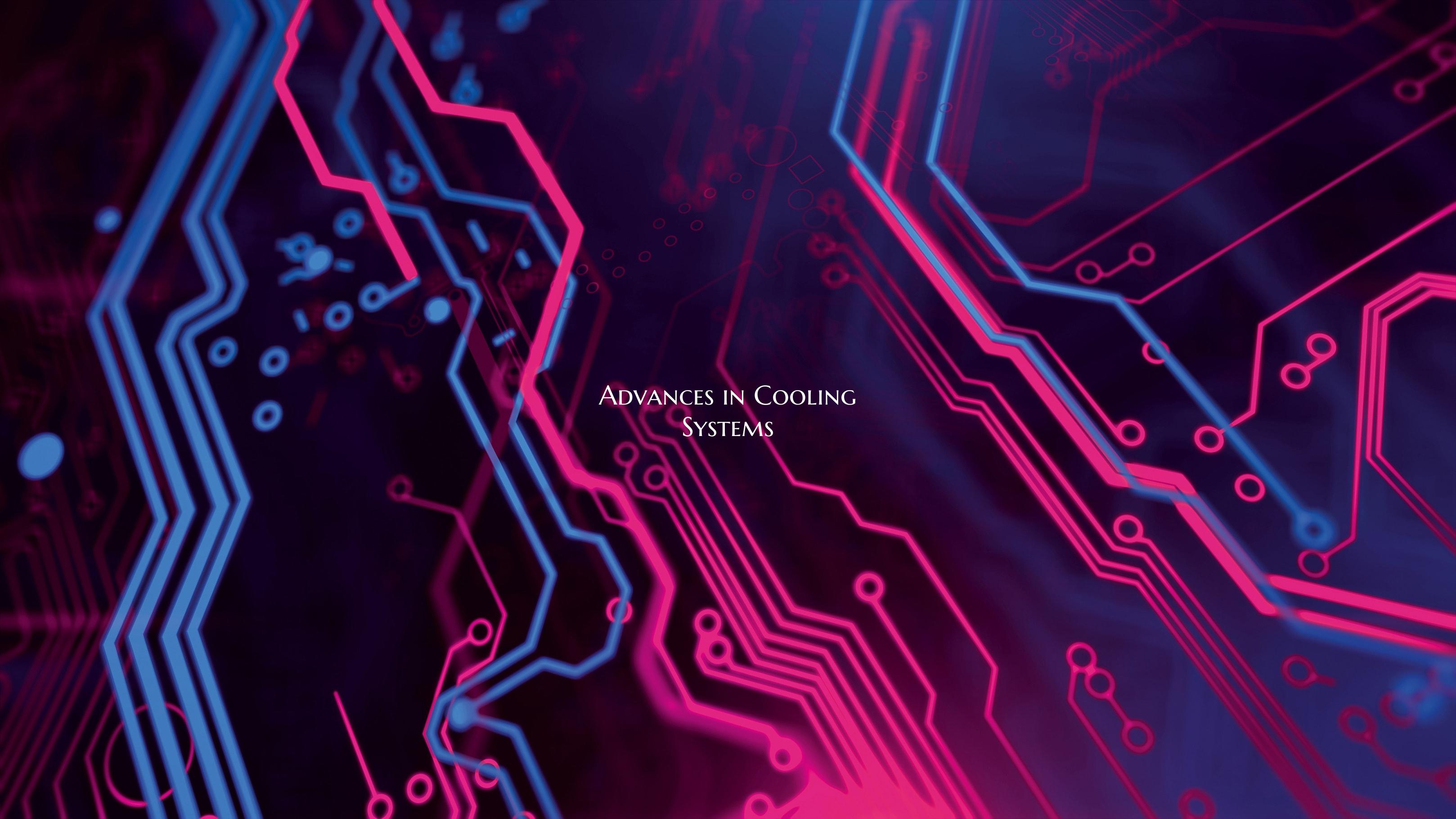Advances in Cooling Systems
In recent years, there have been significant advancements in cooling systems technology across various industries. These developments have revolutionized the way we manage heat dissipation and temperature control in a wide range of applications, from automotive to electronics to renewable energy. Let's explore some of the key advances in cooling systems that are shaping the future:
1. Liquid Cooling Systems: Liquid cooling systems have gained popularity for their superior heat dissipation capabilities compared to traditional air cooling methods. By circulating a coolant through channels in direct contact with heat-generating components, liquid cooling systems can effectively dissipate heat and maintain optimal operating temperatures. These systems are being increasingly adopted in high-performance computing, data centers, and gaming PCs to enhance thermal management and improve overall system efficiency.
2. Phase-Change Cooling: Phase-change cooling technologies, such as refrigeration-based systems and thermoelectric coolers, offer efficient cooling solutions by leveraging the principles of phase transitions to absorb and transfer heat. These systems provide precise temperature control and can be customized for specific cooling requirements in applications like medical devices, industrial processes, and electronics cooling.
3. Heat Pipes and Vapor Chambers: Heat pipes and vapor chambers are passive heat transfer devices that utilize the phase-change properties of a working fluid to transport heat away from hot spots to cooler areas. With their high thermal conductivity and rapid heat transfer capabilities, heat pipes and vapor chambers are widely used in electronic devices, LED lighting, and aerospace applications to manage thermal loads and prevent overheating.
4. Hybrid Cooling Systems: Hybrid cooling systems combine multiple cooling technologies, such as air cooling with liquid cooling or phase-change cooling with heat pipes, to optimize thermal performance and energy efficiency. By integrating different cooling methods, hybrid systems can achieve enhanced cooling capacity, reduce energy consumption, and adapt to varying heat load conditions in complex thermal management scenarios.
5. Sustainable Cooling Solutions: With a growing emphasis on sustainability and energy efficiency, innovative cooling solutions that minimize environmental impact are gaining traction. Advancements in eco-friendly refrigerants, passive cooling techniques, and waste heat recovery systems are enabling the development of sustainable cooling systems for buildings, vehicles, and renewable energy applications.
In conclusion, the continuous evolution of cooling systems technology is driving progress in thermal management, enabling greater efficiency, reliability, and sustainability across various industries. By leveraging these advances in cooling systems, businesses and researchers can address the challenges of heat management and unlock new opportunities for enhanced performance and innovation.

